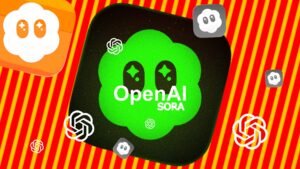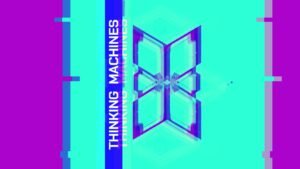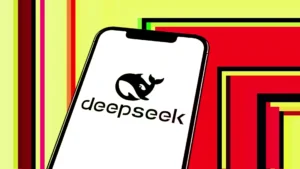
In recent times, the academic landscape has witnessed a significant surge in concerns regarding cheating in educational institutions, primarily attributed to the proliferation of artificial intelligence (AI) chatbots. These sophisticated AI-driven tools, including the popular ChatGPT, have gained rapid popularity among college students, prompting educators to reassess their teaching methodologies and evaluation strategies.
The Rise of AI Chatbot Cheating
AI-powered chatbots have introduced a new dimension to academic dishonesty. Educators are grappling with the reality that students are utilizing AI chatbots to engage in cheating activities, thereby necessitating a reevaluation of traditional assessment techniques.
Educators find themselves at a crossroads when responding to this emerging challenge. While some advocate a return to conventional paper-based examinations, coupled with stringent measures such as showcasing editing history and drafts, others view this as a contemporary manifestation of age-old cheating tendencies.
The Unpredictability of AI-Generated Text
A unique predicament arises when it comes to identifying instances of AI-generated cheating. Unlike traditional forms of plagiarism, AI-generated content is inherently diverse with each instance. This inherent unpredictability poses an arduous challenge for academic institutions to effectively detect and address AI chatbot-driven cheating.
Limitations of AI Detectors
Even sophisticated AI detectors, exemplified by Turnitin, a prominent plagiarism detection service, have demonstrated limitations in accurately distinguishing text authored by AI chatbots. The intricate interplay between human and AI-generated content further exacerbates the challenge of maintaining academic integrity.
In response to the surge in AI chatbot cheating, forward-thinking educators are adopting novel pedagogical approaches. Personalized writing assignments, grounded in students’ unique experiences and perspectives, are gaining traction. These assignments encourage original thought and discourage the reliance on AI-generated content.
To mitigate the impact of AI chatbot cheating, academic institutions are urging instructors to establish transparent communication regarding the acceptable utilization of AI tools. Clearly delineating the boundaries and expectations of AI tool implementation helps uphold the integrity of academic endeavors.
The prevalence of AI chatbots has led to an evolution in students’ study habits and information-seeking behaviors. Platforms like Chegg, traditionally relied upon for homework assistance, have witnessed a decline in usage as students increasingly turn to AI-powered alternatives. This shift raises concerns about the potential detriments to comprehensive learning experiences.
Recognizing the challenges posed by AI chatbot cheating, developers are diligently working to enhance the reliability of their platforms. Despite their efforts, concerns linger over the potential for inaccuracies and “hallucination,” necessitating ongoing vigilance from educators.
As the educational landscape grapples with the ramifications of AI chatbot cheating, a compelling case emerges for a potential shift towards paper-based assessments. This move could potentially alleviate some of the challenges associated with detecting AI-generated content.
The proliferation of AI chatbots has irrevocably transformed the educational realm, prompting educators to redefine their teaching methodologies and assessment practices. While AI tools present unprecedented opportunities for learning and instruction, safeguarding academic integrity remains an imperative challenge that warrants careful consideration and innovative solutions. As the academic community collectively addresses these challenges, the quest for equitable and honorable education continues.










